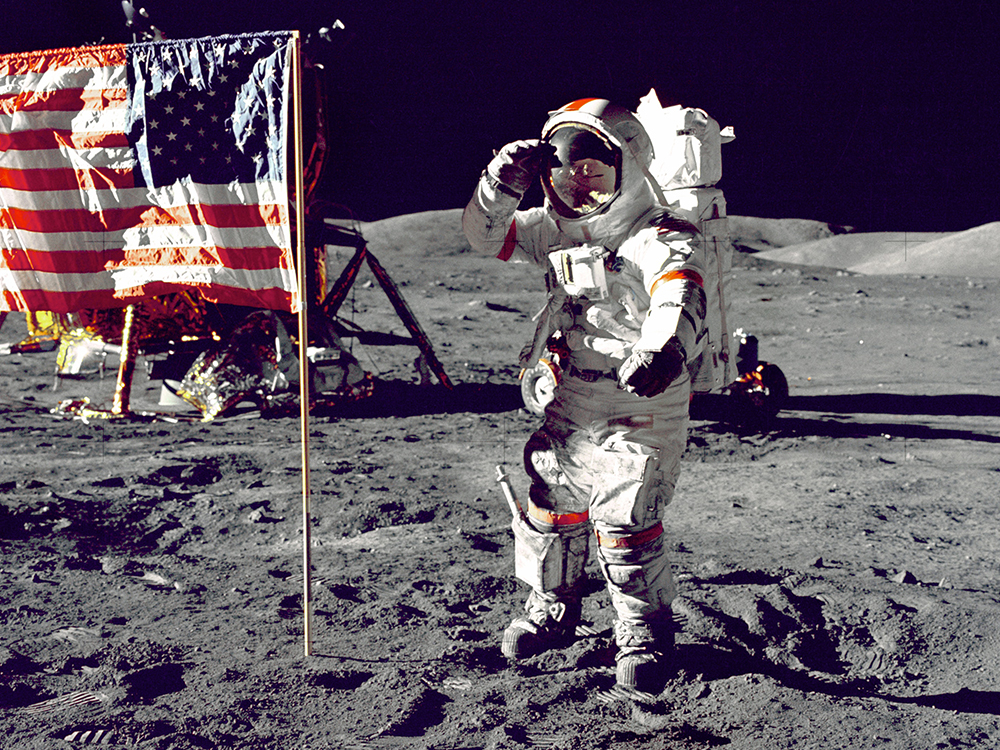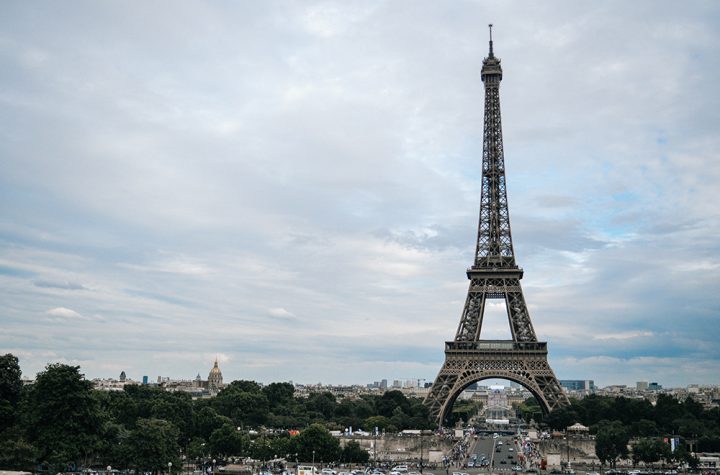
Iran’s Supreme Leader Ayatollah Ali Khamenei has used a rare appearance at Tehran Friday prayers to give his take on a tumultuous January that saw the regime dragged to the brink of war with the U.S. and the shooting down of a passenger plane above the capital.
Khamenei told worshippers at Tehran’s Mosalla mosque that the regime would learn from the experiences of the past month. His address came as the government grappled with fresh protests linked to the shooting down of Ukraine Airlines International flight PS752, in which 176 people were killed.
Khamenei said the past two weeks were “not ordinary days,” according to the Tehran Times. He added, “Bitter adventures, sweet adventures and incidents that taught lessons happened to the Iranian nation.
The supreme leader honored slain Major General Qassem Soleimani, killed in a U.S. drone strike in Baghdad at the start of January. Soleimani was the commander of the Islamic Revolutionary Guard Corps’ clandestine Quds Force, charged with running foreign and covert military operations.
Soleimani was close with Khamenei and widely considered the second most powerful man in the regime. President Donald Trump justified the strike by claiming Soleimani was preparing attacks against U.S. embassies in the region, though neither he nor his administration have provided any evidence to support the assertion.
The killing touched off two weeks of high tensions and retaliatory action. Khamenei said Friday, “This assassination was recorded as a scandal for the U.S. government…They martyred a person who was the most powerful commander in the fight against terrorism in the region.”
The Iranian regime credited Soleimani for the defeat of Islamic State militants in Iraq, and the major general also led Iran’s involvement in the Syrian Civil War in support of President Bashar al-Assad.
Soleimani’s funeral procession traveled through major cities and holy sites in Iraq and Iran, bringing millions of mourners onto the streets. Khamenei claimed that 10 million Iranians turned out for a day or mourning, which he called “a day of Allah.” Such was the size of the crowds in Soleimani’s home town of Kerman that a stampede broke out, killing dozens.
Iran retaliated against the U.S. by launching missile strikes against two Iraqi military bases where American soldiers were deployed. The attack seemed designed to avoid casualties and further escalation, but did destroy structures at both sites, including housing units for U.S. service members.
Though the Pentagon initially said no American or Iraqi soldiers were wounded, it emerged Friday that several were treated for concussion symptoms linked to the strike. Khamenei said the day of the attack should also be considered a “day of Allah.”
The regime is facing protests over its downing of the plane PS752, which killed dozens of Iranian citizens. Protests have erupted in Tehran and other major cities, met with tear gas and baton charges by security officials.
The regime survived a round of mass unrest at the end of 2019 linked to rising fuel prices, in which demonstrations were held in dozens of cities across the country. Security forces were ordered to fire on dissenters, and are believed to have killed some 1,500 people according to the State Department and regime officials cited by Reuters.




More Stories
The BMC has banned fire crackers in all public and private places within the city limits.
Apple has cut off major supplier Pegatron from new contracts following the reveal of student labor violations. Pegatron is one of Apple’s biggest supply chain partners, manufacturing various products including some of the newest iPhone 12 models.